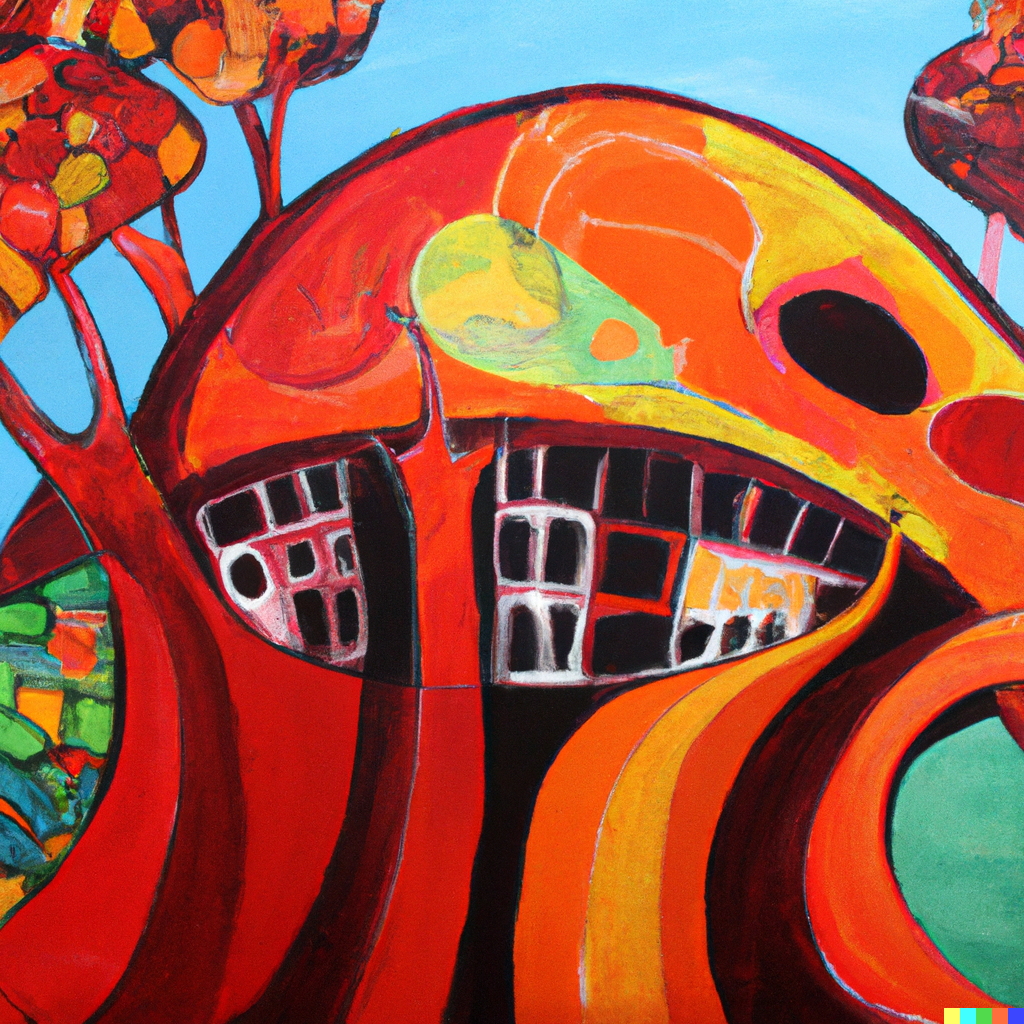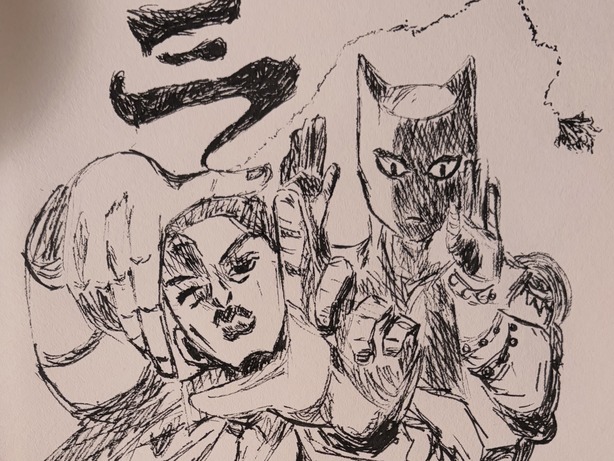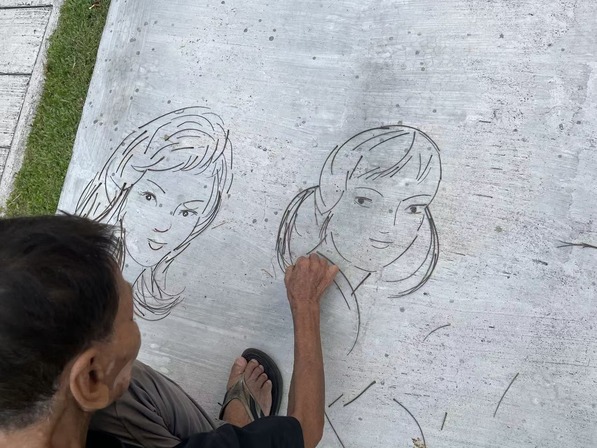One Hundred Years of Decline
“One minute of reconciliation is worth more than a whole life of friendship!” — Gabriel García Márquez, One Hundred Years of Solitude
Physics Honors
I’ve started to visit two Physics Honors classes (called Class 1 and Class 2) taught by Mr. J. I must say that it is a lot of fun compared to multi and csa; it is just less boring when the students are not all seniors. A problem with classes of accelerated students is that they don’t need too much explanation to get the concepts. However, in honors classes, it is a good mix of decent behavior and skills.
Compare & Contrast
It’s important to have the ability to compare two things, so I will be comparing Class 1 and Class 2:
Class 2 is quicker than Class 1 on average. Explanations in Class 1 are cleaner, but the suggestions at solutions are less logical. Class 2 seems to know the answer to more questions, as if they already learned it.
Mr. J said something really funny, which is that he can say that one class is better than another class, but then when the word gets around, since he has three classes in total, he can just tell the second class that it was the third class.
A bit of personality
Speaking of J, in AP CSP, I learned that DMO is the INTJ Myers-Briggs personality type. I alternate between INTP and INTJ, so I guess that explains part of why I like to be in DMO’s class.
Speaking of the same J, DMO said that teachers are generally J’s in the personality type because they must be capable of judging students and finding the common mistakes. I can definitely see how I fit that because I sometimes jump to false conclusions, which is a small downside.
Self-satisfaction
There is a girl in Class 1 who is in the multi class that I visit. When Mr. J was teaching about electric fields, she asked the question, “Would that be considered a vector field?”
What a terrible question! First, it’s very obvious to someone taking multi that it is a vector field because it’s literally a field of vectors. Second, the question was clearly asked to satisfy her ego as the only person in the class who knows what a vector field is.
How not to…
If you know the answer to a question, then don’t ask it; unless, others would learn something from it, which was not the case because no one else knows what a vector field.
Most importantly, if you let your ego inflate because you are “smarter” then your learning will stagnate rapidly.
However, I just stood in the back and didn’t do anything. It’s important to learn from the mistakes of others.
Summer Program Applications
There are two girls in Class 2 who are currently applying to STEM summer programs.
One of them is unable to find a humanities teacher to write their rec because one teacher is “invitation only” and another is just too swamped with other recs. I guess I was never too concerned with this because I think I just decided that I would use two science ones. Also, I didn’t even go to a summer program in junior year.
Summer programs are interesting because they basically determine how good your college application is, but you need to apply to summer programs, which is basically a college application. So, people are basically just applying to summer programs and college applications are just redundant.
Advice
If I were a younger high schooler in the position of applying to various programs, I would just try to do more independent projects and read books. There doesn’t need to be a big time commitment, but it would be good to turn these things into habits.
One Hundred Years of Solitude
After reading half of the book, I would say that it’s a bit weird and would not recommend to other people if they are looking for entertainment, but, it makes a lot of good points and has interesting themes. The most important lesson is to not repeat mistakes in history, and the book does a great job of explaining it. I would categorize it as a Bible-like book, like Moby Dick. A lot of the descriptions in the book are truly refreshingly creative, helping Marquez change the reader’s view of the universe he has built up and that mirrors our world.
Days later, I felt the sudden impetus to make good habits so as to avoid becoming like the characters of the book. Often, the book provides glimpses into the future. Initially, it feels like the book is being spoiled by the author; however, these tragedies are predictable given the current behavior of the individuals. For us readers, it’s a sign that we should take a guess at our own future and see if we are dishonest, lazy hopefuls.
High Honors
At my school, the top 4% seniors in GPA are considered High Honors. It was a Tuesday. These students are invited to a dinner with various administrators and each student can bring their parents and invite a teacher to speak about how good the student is. The dinner takes several hours; I would rather not be there. However, I think that my dad would be pretty annoying about wanting to go. The event itself is quite pointless, and is an ego-boost at best for those who lack confidence.
But, it symbolizes a society’s pursuit of that illustrious 4.XX GPA and admission to the world’s best universities. There is a taboo of discussing student GPA rankings and numerical values, yet basically every discussion overheard between students is about tests, scores, and colleges. Every student knows approximately their place among their peers, and that self-constructed concept traps them into stagnation. The removal of class rankings has not helped mental health or the obsession with grades (I do not advocate for class rankings). The root problem of an obsession with false indicators of learning has led to the decrepancy in education.
How would I change the school?
I would hide all GPA and grades from students. Even on homework and tests, the teacher keeps a private record of the test grades and hands back a test with no grade, but is still marked. So, students do not know what grade they have, they can only know what they can improve on.
This will prevent people from pointless discussions about their test scores: it might lead to more discussions like, “I got the question about … wrong, what’s the intuition/method?”
Next, all test corrections should be graded for a small amount of points, like 1/4 of the original amount. This would incentivize students to do learn from their mistakes, a valuable skill.
There should be some type of nudge for students to set limits on their social media usage. It’s a constant source of stress and a constant drain of time. I would rather have students make that decision for themselves though. Some people become more mature when they are expected to be mature.
Students should be taught to make healthy habits in every class rather than just in PE. For example, the economics teacher should recommend 10 minutes per day of reviewing past notes. Of course, self-aware students already make healthy habits for themselves, but it’s the massive fraction of students who have never done it who need it. For many of the good students who are just smart and have never tried, it’s what keeps them from becoming great.
TAs
Students who do well in a class should be invited to return to the class as a TA by the teacher. There would be no credit but it could count toward volunteer hours. It should also be fine if there are no volunteer hours because students who enjoy a class will naturally return. The perspective of someone who isn’t getting graded is very different from a student (the sadistic may enjoy the suffering of future students in a class). Furthermore, older students should serve as positive examples for their younger peers. Not everyone is capable of learning from negative examples, so it is better to have someone with virtues to imitate.
There are very few people even among this year’s “High Honors students” worth looking up to. As someone who knows most of them, the thought of younger students looking up to some of these people is scary. Even if they have positive traits worth learning from, younger students don’t even interact with older students in any classes since many respectable upperclassmen are in AP classes. If older students were to TA in classes, younger students would have a tangible example rather than a nebulous sense of what makes a good student.
Sidenote: Workshop
Most of the high honors students were in a primary and middle school program known as Workshop. Essentially, the students who pass a test and have good grades are invited to a gifted class of students. From the start of high school, it was pretty obvious that this group of students would make up the top 4%. Since the score mobility is low and the inequality is high, why doesn’t high honors just select these students at the start of high school and give them dinner? Why isn’t workshop just a class that teaches students table manners?
DMO Objections
DMO is a teacher who never participates in high honors dinners, and although I’m not exact on his rationale, I get a sense that it is all of the things below:
- It doesn’t do anything for anyone
- Students are obsessed over grades to their own detriment
- Peers are unable to learn from good examples
- It is redundant and predetermined
Benefits?
The benefit of high honors dinners is that it encourages students to work hard for the prestige of being one of two dozen students. However, this effect is limited to the top ~10% of students because the other ~90% of students have a very low probability of making it. Instead, most students will become discouraged and feel that they will never reach that level.
Instead, how about a celebration of those who have improved the most since 9th grade?






Leave a comment